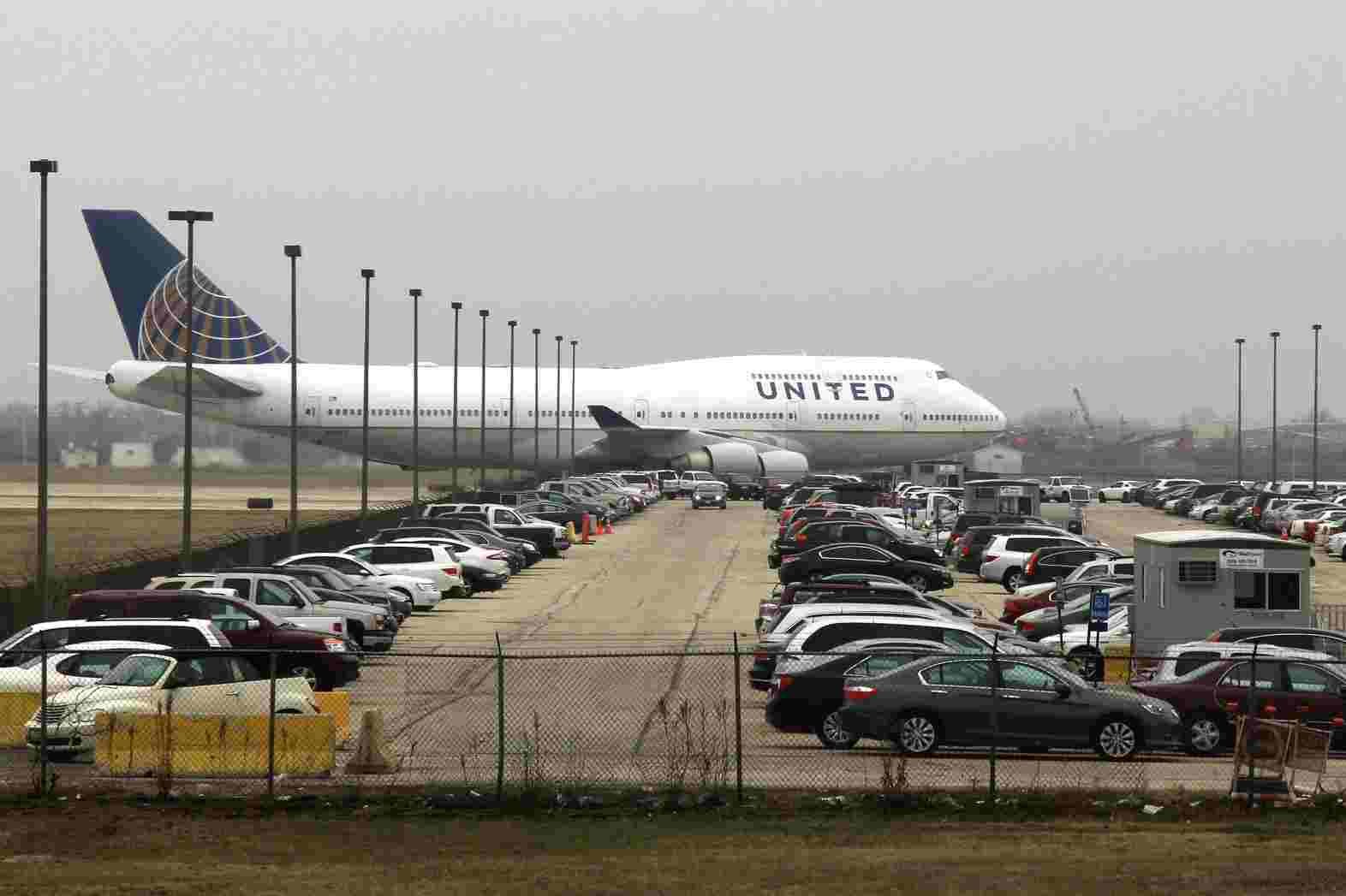


Chicago’s parking scene is evolving! Innovative smart parking solutions improve convenience, reduce congestion, and enhance accessibility.
Chicago, IL – Chicago’s bustling urban environment is undergoing a significant transformation in its parking infrastructure with the introduction of cutting-edge smart parking solutions. These advancements tackle longstanding issues such as congestion, limited parking availability, and inefficient parking management. By leveraging technology, the city is making parking more accessible, convenient, and efficient for residents and visitors alike.
Chicago’s parking system has long been a challenge due to its high volume of daily commuters, limited street parking, and outdated parking meters. The growing need for efficient solutions has prompted city officials and private companies to introduce smart parking innovations designed to streamline the process, reduce traffic congestion, and promote sustainability.
To alleviate parking difficulties, the city is deploying a range of smart parking technologies, including:
The introduction of smart parking solutions is set to have a positive impact on Chicago’s economy, daily commuting experience, and environmental sustainability. Residents and businesses can expect:
Chicago’s Department of Transportation (CDOT) and private parking solution providers are collaborating to implement these advancements. Partnerships with technology firms have led to the successful testing and deployment of new systems across high-traffic areas such as downtown, major shopping districts, and near public transportation hubs.
Private sector involvement has been instrumental in this transition, with companies specializing in artificial intelligence, sensor technology, and payment processing contributing to the efficiency of new parking systems. Funding for these projects comes from both public grants and private investments, ensuring long-term sustainability.
Local businesses have also embraced the shift, recognizing the benefits of streamlined parking for their customers. Restaurants, retail stores, and entertainment venues now promote nearby smart parking options as a selling point, driving foot traffic and increasing customer satisfaction.
The smart parking initiative is part of a broader urban mobility strategy that includes improved public transportation, bike lanes, and pedestrian-friendly infrastructure. The city plans to expand smart parking technologies to additional neighborhoods, integrate data-driven analytics for future urban planning, and explore emerging trends such as autonomous vehicle parking management.
In addition to infrastructure improvements, Chicago is considering legislative measures to further enhance parking efficiency. New policies could include incentivizing off-peak parking, encouraging rideshare and carpooling programs, and implementing stricter enforcement of parking regulations in high-demand areas.
As the initiative continues to evolve, research and development in AI-driven parking solutions are gaining momentum. Technologies such as self-parking vehicles, machine learning-based space allocation, and AI-powered demand forecasting are on the horizon, paving the way for a smarter and more efficient urban landscape.
To support future expansion, city officials are working on securing additional funding through federal grants and private investments. Public engagement and feedback play a key role in the project, ensuring that the community’s needs and concerns are addressed throughout the process.
Chicago’s smart parking transformation marks a significant step toward a more efficient, accessible, and environmentally friendly urban landscape. As these innovations continue to evolve, residents and visitors can look forward to a seamless and stress-free parking experience in the Windy City.
By embracing advanced technology, smart policies, and forward-thinking infrastructure, Chicago is setting a benchmark for urban mobility that other cities can follow. The future of parking in Chicago is not just about convenience but also about sustainability, economic growth, and improved quality of life for all.
For more information, visit
Media Contact:
Zal Parking
224-382-7740
[email protected]
https://zalparking.com
